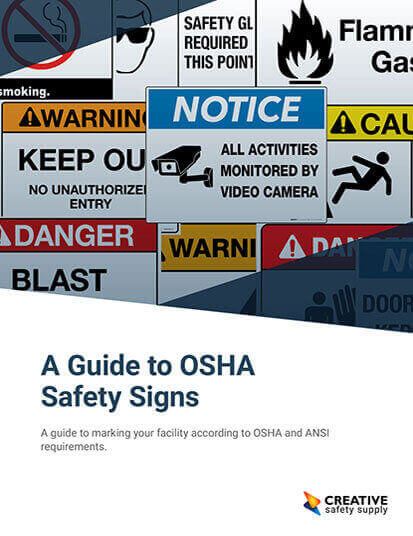
Suppliers in the automotive supply chain record material data into an online data repository called the IMDS, or the International Material Data System. Every part in every car produced by every participating auto manufacturer will have an entry on the database listing size, weight, and materials, and customers are able to follow parts back to OEMs all the way up to the supplier.

IMDS began in 2000 as a joint development of Audi, BMW, Daimler, EDS, Ford, Opel, Porsche, Volkswagen, and Volvo. Roughly two decades later, IMDS is used by major automobile manufacturers and heavy-duty commercial vehicle manufacturers around the world, and is considered to be the global industry standard for the automotive industry.
Suppliers higher up in the chain must define the materials in the product (component). The composition of a component can be:
- Composed of subcomponents and its materials and basic substances,
- One material and its basic substances, or
- Any combination of the two.
Benefits of IMDS
IMDS helps to track materials as they move down the supply chain from supplier to customer, and there are several advantages to this centralized system:
- It aids in preventing the use of hazardous and/or banned materials in vehicles.
- Laws and regulations are constantly changing, and in the case of new restrictions or updated exposure limits, it’s easy to use IMDS and identify where a particular material or substance is being used.
- The specific breakdown of materials and compositions is important when a vehicle is being recycled and for the European Union, material data sheets help dismantler companies meet the goals of the ELV Directive.
- Even if data entry in IMDS is not always legally required, it’s frequently a contractual requirement of other manufacturing systems, like the Production Part Approval Process.
Companies will need to register for a unique company identification number before submitting data, but the database can be accessed from the internet with no special software needed.
Additional IMDS facts:
- The IMDS (International Material Data System) is a global data repository that contains information on materials and substances used by the automotive industry. Several leading auto manufacturers use the IMDS to maintain data for various reporting requirements. Source: https://en.wikipedia.org/wiki/International_Material_Data_System
- The IMDS was initially developed in 1999 by a joint effort of Audi, BMW, Daimler, DXC, Ford, Opel, Porsche, VW and Volvo. Since then, more manufacturers have joined the community and IMDS has become a global standard used by almost all of the global OEMs. Source: https://public.mdsystem.com/en/web/imds-public-pages
- The IMDS enables the automotive industry to comply with national and international standards, laws and regulations regarding material and substance data. Some of the main regulations that IMDS supports are the End-of-Life Vehicle Directive (ELV), the Registration, Evaluation, Authorisation and Restriction of Chemicals (REACH), and the Globally Harmonized System of Classification and Labelling of Chemicals (GHS). Source: https://www.aiag.org/corporate-responsibility/chemical-management/international-material-data-system
- The IMDS allows the users to create, send, receive and analyse material data sheets (MDS) that contain information on the composition, weight, recyclability and environmental relevance of the materials and components used in vehicles. The MDS are stored in a central database that can be accessed by all IMDS users. Source: https://www.mdsystem.com/imdsnt/startpage/index.jsp
- The IMDS also provides various tools and services to help the users with data quality, reporting, training and consulting. Some of the tools and services are the IMDS-a2 software, the IMDS Professional Service, the IMDS Data Quality Center, the IMDS Newsletter and the IMDS Training Center. Source: https://www.mdsystem.com/imdsnt/startpage/index.jsp


